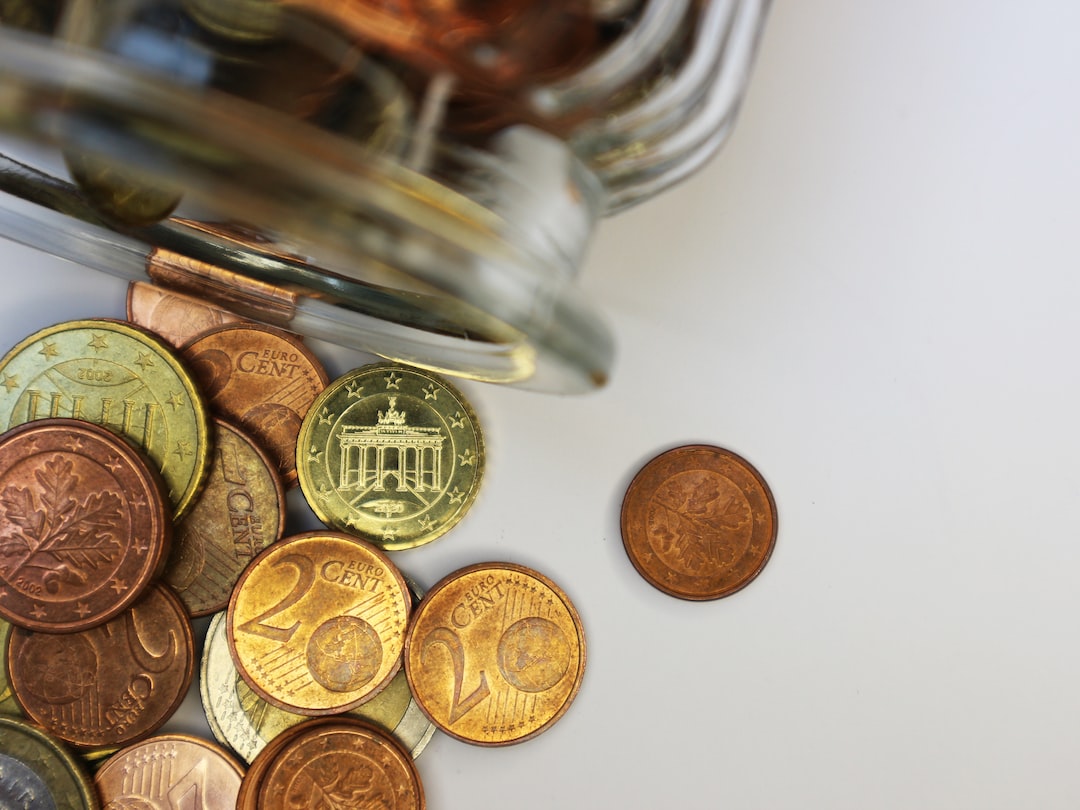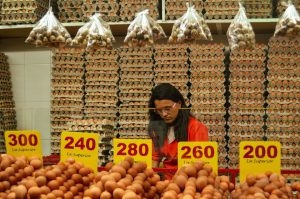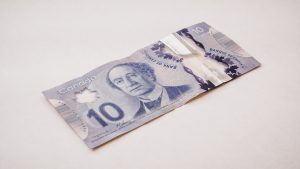Forex, short for foreign exchange, is the largest and most liquid financial market in the world. It is where currencies are traded 24 hours a day, five days a week, across different time zones. The forex market is decentralized, meaning it has no central exchange or clearinghouse. Instead, it is a network of banks, financial institutions, and retail brokers who facilitate the buying and selling of currencies.
So who owns the forex market? The simple answer is that no one owns it. The forex market is not controlled by any government, organization, or individual. It is a free market where participants trade currencies based on supply and demand. However, there are several groups of players who participate in the forex market, each with their own motivations and objectives.
Central Banks
Central banks are the most influential players in the forex market. They are responsible for setting monetary policy and maintaining financial stability in their respective countries. Central banks use their monetary policy tools to influence the value of their currencies. For example, if a central bank wants to stimulate economic growth, it may lower interest rates, which can lead to a weaker currency. Alternatively, if a central bank wants to combat inflation, it may raise interest rates, which can lead to a stronger currency.
Commercial Banks
Commercial banks are the largest participants in the forex market. They trade currencies on behalf of their clients, such as multinational corporations, hedge funds, and high net worth individuals. Commercial banks also engage in proprietary trading, where they speculate on the direction of currency prices for their own profit. Commercial banks make money by charging their clients a spread, which is the difference between the buy and sell price of a currency pair.
Hedge Funds
Hedge funds are investment funds that use advanced strategies to generate high returns for their investors. They are known for their aggressive trading tactics and large market positions. Hedge funds are major players in the forex market because of their ability to move large amounts of money quickly. They use leverage to amplify their returns, which can also increase their risk. Hedge funds make money by charging their investors a management fee and a performance fee, which is a percentage of the profits.
Retail Traders
Retail traders are individual investors who trade currencies through online brokers. They make up a small percentage of the forex market, but their numbers are growing rapidly. Retail traders are attracted to the forex market because of its high liquidity, low transaction costs, and 24-hour trading. Retail traders use technical and fundamental analysis to identify trading opportunities and manage their risk. They make money by buying low and selling high, or by selling high and buying low.
Conclusion
In conclusion, no one owns the forex market. It is a decentralized market where participants trade currencies based on supply and demand. The forex market is dominated by central banks, commercial banks, hedge funds, and retail traders. Each group of players has their own motivations and objectives, but they all contribute to the liquidity and efficiency of the forex market. The forex market is a complex and dynamic environment, but it offers opportunities for profit and risk management for those who understand its mechanics.






